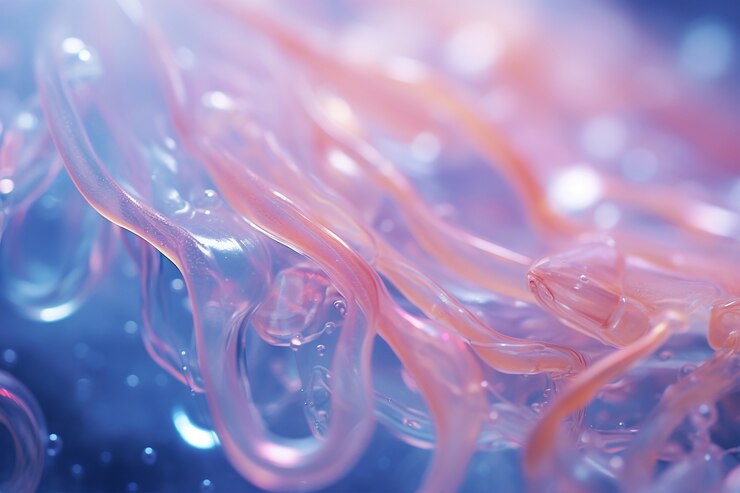Ye Jung and colleagues (2019) reported that the study investigated the use of Lactobacillus rhamnosus lysate to improve skin barrier function in a reconstructed human epidermis. The application of the lysate increased the expression of tight junction and skin barrier proteins, demonstrating protective effects on the skin barrier. The lysate also alleviated the cytotoxicity of a skin irritant and attenuated dye penetration and desmosome destruction. Overall, the study suggests that Lactobacillus rhamnosus lysate could be beneficial for skin moisturization.
SUMMARY
- Application of LR lysate on a reconstructed human epidermis increased the expression of tight junction proteins; claudin 1 and occludin as determined by immunofluorescence analysis, and skin barrier proteins; loricrin and filaggrin as determined by immunohistochemistry and immunofluorescence analysis and qPCR.
- Lactobacillus rhamnosus lysate has protective effects on the skin barrier, which could expand the utility of probiotics to skin-moisturization ingredients
ABSTRACT
The main function of the skin is to protect the body from the external environment. The barrier function of the skin is mainly provided by the stratum corneum, which consists of corneocytes bound with the corneodesmosomes and lamellar lipids. Skin barrier proteins like loricrin and filaggrin also contribute to the skin barrier function. In various skin diseases, skin barrier dysfunction is a common symptom, and skin irritants like detergents or surfactants could also perturb skin barrier function. Many efforts have been made to develop strategies to improve skin barrier function. This article investigated whether the lysates of Lactobacillus rhamnosus (LR), one of the most widely used probiotic species for various health benefits, may improve the skin barrier function in a reconstructed human epidermis, Keraskin™. Application of LR lysate on Keraskin™ increased the expression of tight junction proteins; claudin 1 and occludin as determined by immunofluorescence analysis, and skin barrier proteins; loricrin and filaggrin as determined by immunohistochemistry and immunofluorescence analysis and qPCR. Also, the cytotoxicity of a skin irritant, sodium lauryl sulfate (SLS), was alleviated by the pretreatment of LR lysate. The skin barrier protective effects of LR lysate could be further demonstrated by the attenuation of SLS-enhanced dye-penetration. LR lysate also attenuated the destruction of desmosomes after SLS treatment. Collectively, we demonstrated that LR lysate has protective effects on the skin barrier, which could expand the utility of probiotics to skin-moisturization ingredients.
RESULTS
- Application of Lactobacillus rhamnosus lysate on Keraskin™ increased the expression of tight junction proteins; claudin 1 and occludin
- Application of Lactobacillus rhamnosus lysate on Keraskin™ increased the expression of skin barrier proteins; loricrin and filaggrin.
- LR lysate also attenuated the destruction of desmosomes after SLS treatment. Collectively, we demonstrated that LR lysate has protective effects on the skin barrier, which could expand the utility of probiotics to skin-moisturization ingredients.
REFERENCES

Leave A Comment